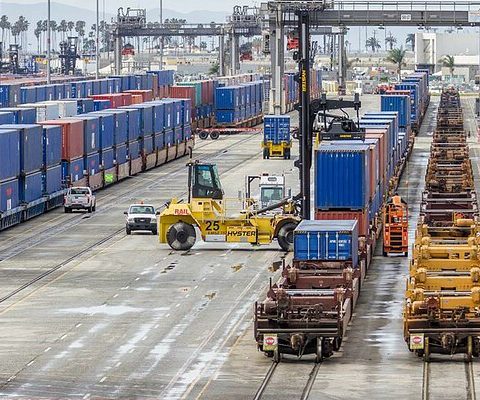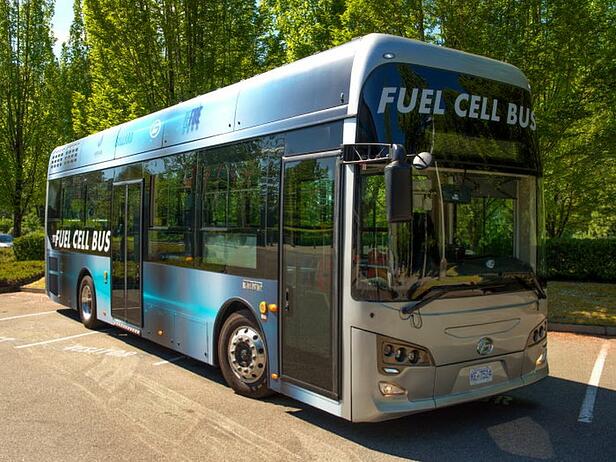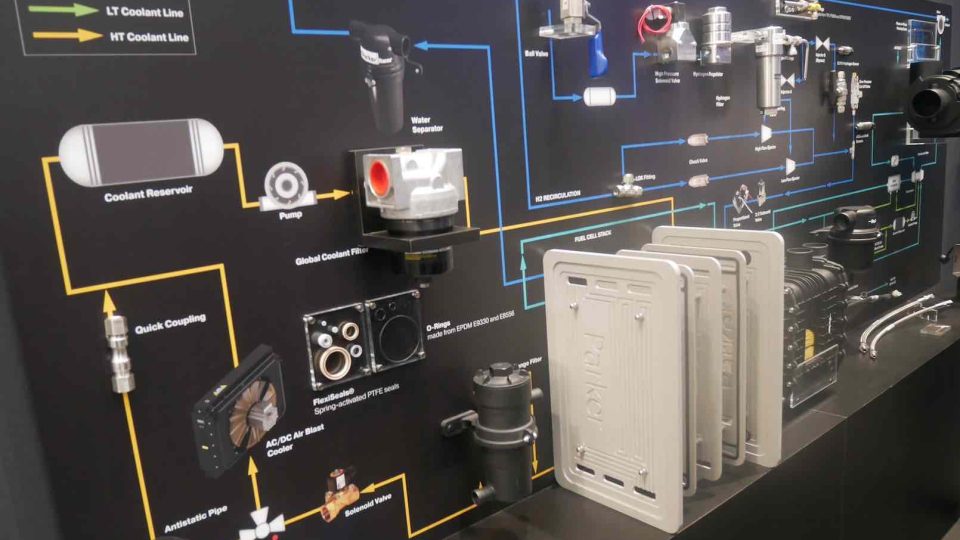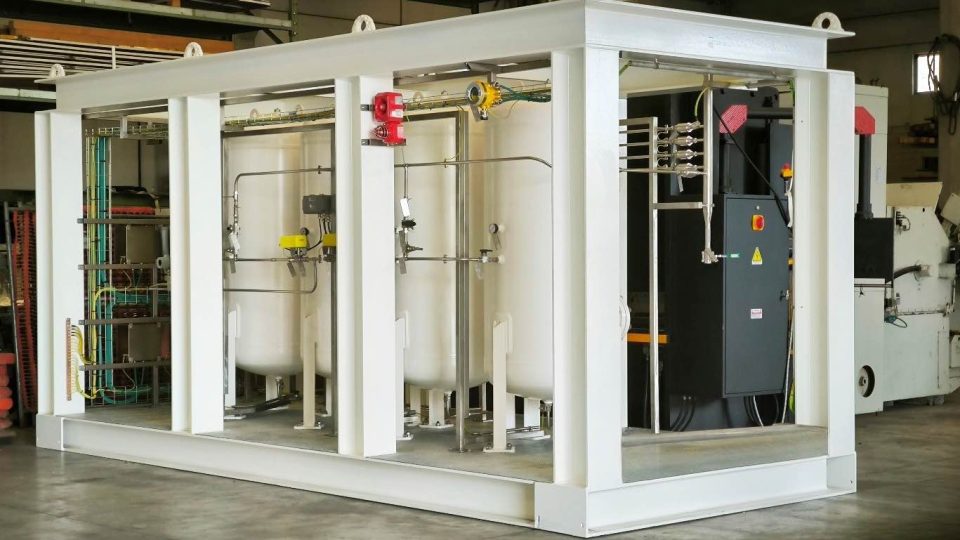Nuvera and engines 2.0: between hydrogen and fuel cells
At this year’s F-cell+HFC event in Canada, Nuvera held a seminar that highlighted the use of fuel cells for port operations management. The role played by hydrogen and fuel cells in the transformation of the transport sector has been one of the main topics at several international meetings in Vancouver in recent weeks. OEMs, fuel […]

At this year’s F-cell+HFC event in Canada, Nuvera held a seminar that highlighted the use of fuel cells for port operations management. The role played by hydrogen and fuel cells in the transformation of the transport sector has been one of the main topics at several international meetings in Vancouver in recent weeks. OEMs, fuel cell suppliers, on and off-road fleet operators and many others have recently gathered at the Impulse Summit for Hydrogen and Fuel Cells, also known as F-cell+HFC.
Not surprisingly, policy-makers, community and environmental groups, as well as port authorities themselves, are recognizing that ports can play a significant role in improving local air quality by making their operations more efficient and less costly through equipment electrification.
Nuvera’s strategy: fuel cells for the environment
As an example, Nuvera’s Director of Marketing, Gus Block, spoke about how Nuvera is integrating two of its 45 kW fuel cell engines into an electrified Hyster container handler for operation at the Port of Los Angeles. The Nuvera engines will enable the terminal operator to undertake its most intensive duty cycle using zero-emissions heavy equipment.

The product engineers behind the project concluded that batteries alone were not a viable power source for the railway duty cycle. Not only would it require a battery pack more than twice the size of the available space in the vehicle; it would also require more hours to recharge than is available over the course of a day without disrupting operations. Using the fuel cell top loader, the operator will be able to accomplish normal daily work. Fueling will occur in a manner consistent with the protocol, by bringing the fueling truck to the vehicle and refilling the on-board hydrogen tanks.
In fact, “hydrogen is the new diesel” was a frequently heard theme among f-cell+HFC Summit speakers and participants. Referring to how fuel cells enable the transition from portable fuel for internal combustion engines (diesel) to portable electricity for electrified powertrains in heavy-duty service (hydrogen).
NIKOLA MOTOR AND FUEL CELL TECHNOLOGY
A look also at electric buses
Jaimie Levin of the Center for Transportation and the Environment spoke of electric buses in favor of the development of fuel cells. His proposal is to be able to greatly simplify the daily operations by adopting fuel cell electric buses. He suggests that transit agencies can greatly simplify their operations by adopting fuel cell electric buses (FCEBs) for their entire fleet, rather than a mixture of battery electric, diesel hybrid, and conventional platforms. FCEBs do not need maintenance personnel to connect them to battery chargers on a daily basis, and they can handle the same routes and weather conditions that conventional buses do.

Levin summarized four reasons fuel cells are a great fit for transit agencies:
- Range: over 500 km on a single fill
- Weight reduction compared to batteries
- Rapid refueling speeds (6-10 min)
- One-to-one replacement of conventional vehicles
These same considerations could also apply to other heavy-duty fleet applications that require long range or high uptime, such as delivery vans, unmanned aerial vehicles (UAVs), yard tractors and Class 8 drayage trucks.









